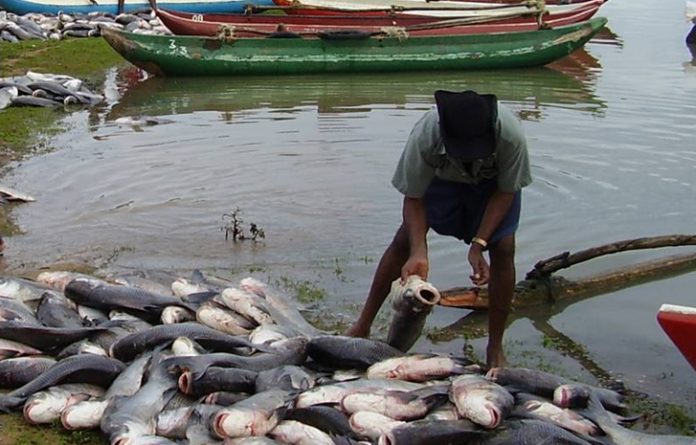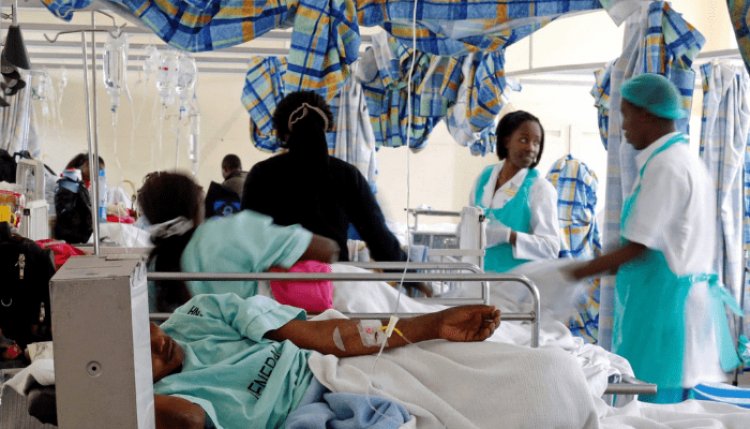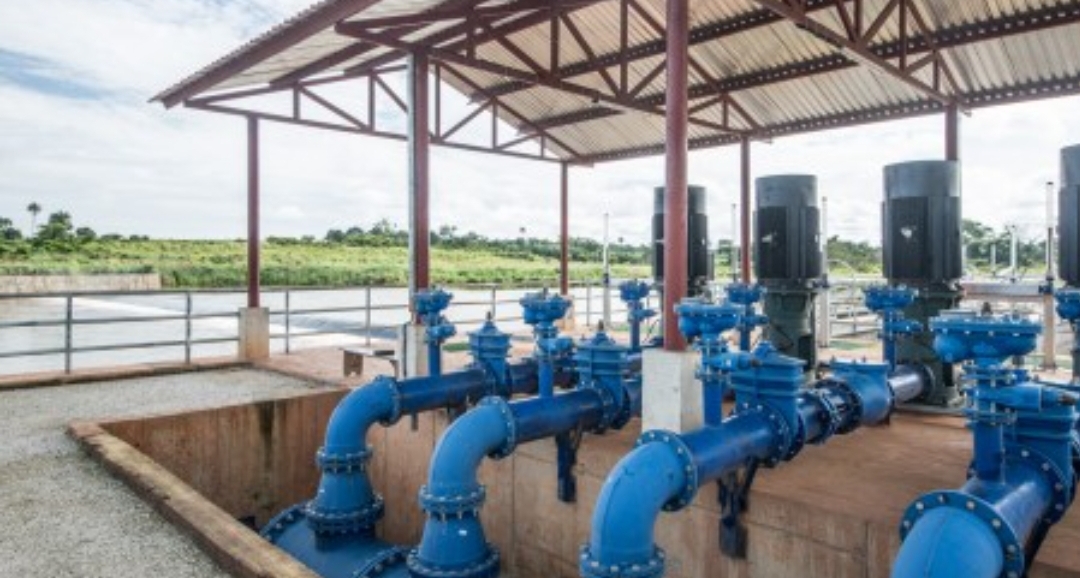The concern over declining growth in fish farming and its attendant effects on food security and nutrition is a global challenge. Stakeholders have, therefore, been looking for a way out of the problem from a global perspective. This is the focus of the latest meeting on the world stage holding in Rome. The meeting, which started on Monday, is the 36th session of the Committee on Fisheries (COF1) designed to think of solutions to the prevailing food insecurity the world over.
The four-day summit is the largest assembly of policymakers and experts in the fisheries and acquaculture sector.
The session holding at the headquarters of the Food and Agriculture Organisation, FAO, an arm of the United Nations, is expected to discuss on how to deal with the challenges of fisheries and acquaculture with a purpose to making the sector play its role in addressing the crisis of food and nutrition in the world. Part of the issues to be discussed will be ways of assisting players in the sector to address environmental degradation, as they give attention to sustainable growth.
The challenges notwithstanding, participants at the meeting are celebrating positive developments in the industry following a recent report on the growth there. The positive report is contained in the FAO June 2024 edition on “The State of World Fisheries and Aquaculture (SOFIA)”. It said that world fisheries and aquaculture production hit a new high of 223.2 million tonnes in 2022.
What follows from 2023 involving the cost of feeds in particular and how to address it is a focus of some of the experts in the meeting holding in Rome.
The Director-General of FAO QU Dongyu, had in speaking to the report, stated the importance of the contribution of aquatic foods to the war against hunger and malnutrition for a growing population. He said the realisation of that goal is dependent on a sustained growth of the sector, and more importantly in areas that have been identified as deficient in food and nutrition. Dongyu also stressed the importance of providing support to regions where fisheries management is experiencing crisis.
The FAO boss restated that view on Monday in Rome. He told participants, during the opening session of the meeting, that “An increasingly expanding global aquaculture sector is driving the supply of fish and fishery products to new records. In 2022, aquaculture overtook capture fisheries as the main supplier of aquatic animals.” With that record, Dongyu said, “Ensuring the expansion of sustainable aquaculture is of fundamental importance for consumers”.
So, he said, participants, in addressing this issue, should also consider methods for the reduction of losses and waste, as efforts are geared at ensuring that products get to the required markets.
By the close of the opening session on Monday, the areas of discussion spelt out include the role of aquatic foods in global food security and nutrition, their potential as a solution to climate change, and the contribution of effective management to long-term biodiversity goals.
Participants will be looking at ways of collecting data and the improved systems for stocking and management of fisheries, as the latter is responsible for a greater percentage of losses experienced by farmers. The global assembly is expected to review the Guidelines for Sustainable Aquaculture, which would be endorsed by the assembly to help stakeholders uphold sustainable growth effective for meeting demands for aquatic foods in the world.












